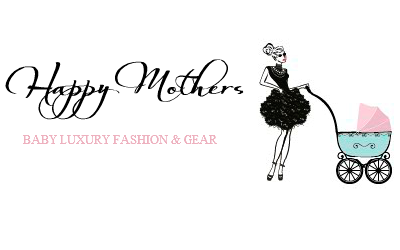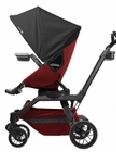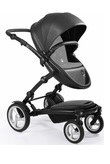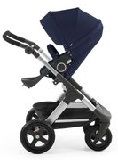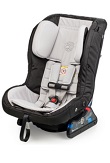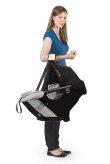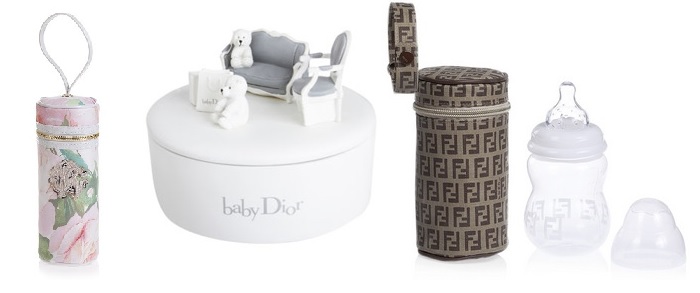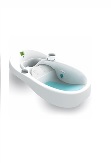Having a baby can be exciting and challenging, as well as immensely stressful. Bringing a new life into the world involves huge changes that you won’t have a lot of control over. You’ll be getting used to:
- Your new role as a mum.
- A different financial situation.
- Physical changes to your body.
- Relationship changes with your partner and family.
- Lack of sleep.
This can take its toll on you. While you’re busy juggling everyone else’s needs, it can be very easy to forget about yourself. Being aware that you are stressed is one of the first steps towards dealing with it. Here are some ways to combat stress:
Rest when you can , Sleep deprivation will make your day harder to cope with, so try to catch up on sleep during your baby’s daytime naps. If you can’t nod off, why not make yourself a hot drink and curl up on the sofa. If you are breastfeeding, put your baby’s cot next to your bed, to make night feeds easier. Your partner could pass your baby to you for a feed, and burp and settle her afterwards. You could share night feeds with your partner if your baby will take a bottle of expressed breastmilk, or if you are formula feeding.
Eat a healthy, balanced diet Eat regularly to keep your energy levels up. Slow-release carbohydrates, such as wholemeal bread, pasta and brown rice, will help to keep you going throughout the day. Instead of saturated fats in foods such as butter, ready-meals and hard cheese, choose unsaturated versions, such as olive oil and avocados. Eat foods rich in protein, such as lean meat and chicken, fish, eggs, beans and lentils. Try to aim for at least two portions of fish a week, including two portions of oily fish, such as salmon.
Eating plenty of fruit and vegetables will keep your immune system working well, and help you to feel better. It will also help to prevent postnatal constipation. You could join a healthy eating club to get advice on making healthy food choices. Ask your midwife or health visitor for information about local groups. It can be hard to find the time to cook when you have a baby. Aim for meals that are nutritious, but easy to prepare, such as a jacket potato with beans, or pasta with a simple tomato sauce. Try not to snack on sweet things. A handful of nuts, hummus or a piece of fruit are better choices than chocolate, when you get the munchies.
Relax
Keep using techniques that you learned at antenatal classes or at yoga, to keep muscle tension under control. Or try a wellbeing podcast from the Mental Health Foundation.
Exercise
Exercise is good for your physical and mental wellbeing, and can give you more energy. It triggers the release of endorphins, your body’s feel-good chemicals. You can start some gentle tummy and pelvic floor exercises straight away, as well as short walks, as you recover. Over time, you can build up your regime, but wait until you have had your postnatal check before you start strenuous exercise. Find out if there are any postnatal exercise groups, aqua aerobics sessions or yoga classes in your area, but remember to tell the instructor that you have just had a baby. Try going for a brisk walk with your baby in a pram or sling. Babywearing is a great way to keep your baby close while you exercise, and it’ll help you burn more calories on your walk, too! Or try a postnatal exercise DVD, so you can exercise at home. But make sure it’s endorsed by a professional association, such as the Guild of Pregnancy and Postnatal Exercise Instructors.
Make time for yourself. Ask a trusted friend or relative to sit with your baby, so you get some time off. Or you could swap babysitting duties with other mums for short spells. Remember, taking care of yourself is an essential part of taking care of your baby.
Sharing your worries with someone else is a great stress-buster. Unfortunately, communication is often the first thing to be neglected in a relationship, whether it’s with your partner, family or friends. Try to remember that the adjustments that you are making as a new parent will also be happening to your partner. Sharing your feelings can help to strengthen your partnership. At the end of each day, let go of the things that you didn’t manage to do, and remind each other of the things that you did achieve.
Original article: https://www.babycentre.co.uk/x3828/having-a-baby-can-be-stressful-what-can-i-do-to-feel-better
Read in Magazine
You must be logged in to post a comment.
click here to log in





